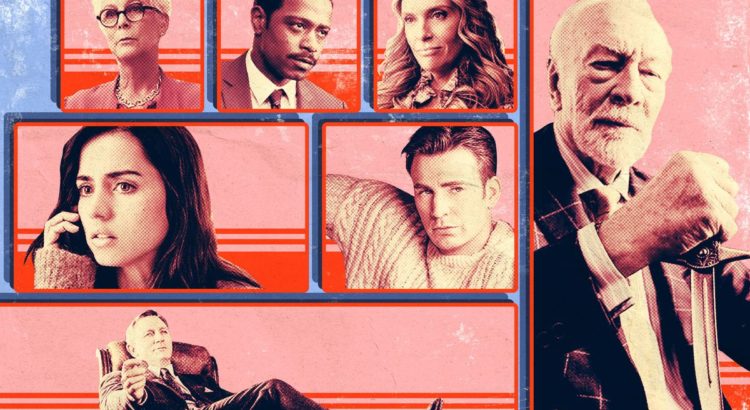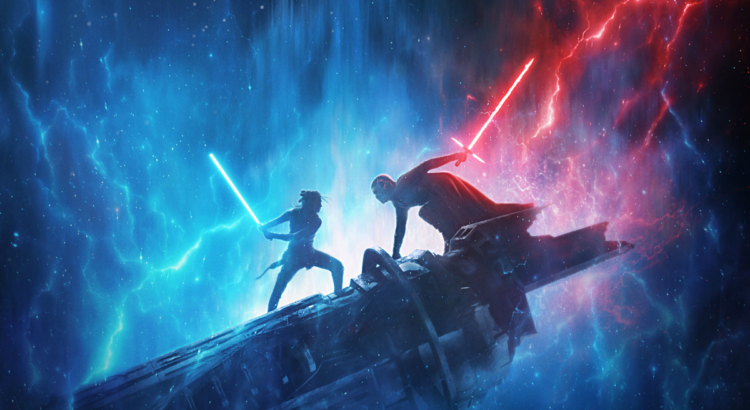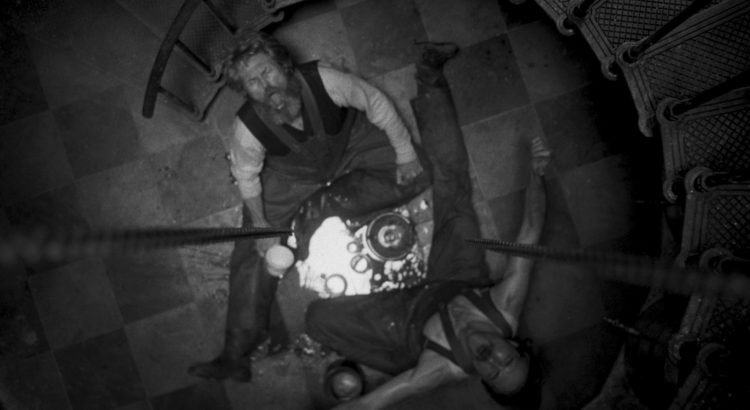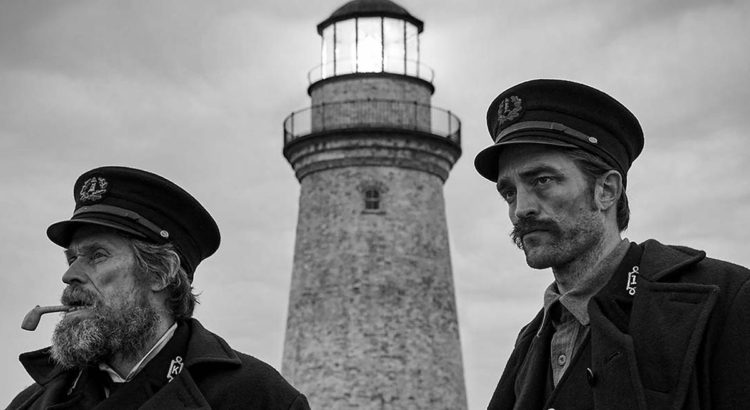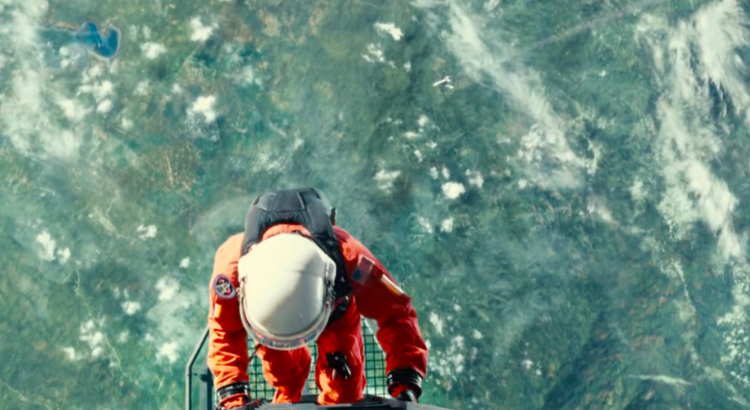Warning: mild spoilers for both Frozen 2 and Rise of Skywalker. This warning will make sense in context.
While I was buying the tickets for this movie, my friend said “Quick q. So you’re here. I’m here. And our other friend is here. Why aren’t we watching Uncut Gems?” And I found myself asking that question multiple times throughout or viewing of Frozen 2.
Frozen 2 was an unnecessary sequel and it was confusing, and it also had the same plot as Rise of Skywalker: a young woman with mysterious powers that nobody else has and that she cannot properly control finds out her grandfather is evil. She then embarks on a solo quest to understand both who she is and how to fully utilize her powers. A young man, while waiting for the young woman to come back from her solo quest, meets someone of a similar background as him and they talk about being sensitive to/having conversations with strange forces/reindeer – things that do not actually talk back to these individuals (a bit of a reach, I know, but hear me out on this next part). During the solo quest, the young woman crosses treacherous waters to reach an abandoned wreck from a previous film.
Now, you may be wondering, which movie was better? I preferred Star Wars because I found Frozen to be quite confusing at times. I did not understand a lot of basic plot points, which I don’t think is the mark of a good movie. The premise of the film is that Anna and Elsa have to free the Enchanted Forest, but they never made it entirely clear what they were freeing the Forest from. The Forest is closed off from the rest of the world by a force field that is never referred to again, even when the curse (?) is lifted. In fact, certain characters leave the forest area at some points during the movie even though the force field should be keeping them in the forest.
I felt like the movie was, in general, unnecessarily vague. It doesn’t really feel like there’s a point to Anna and Elsa’s quest – they’re chasing after a mysterious voice that only Elsa can hear, and when she stumbles upon the truth about her powers, the truth is kind of irrelevant. The truth about the origin of her powers is not significant at all when she and Anna finally save the day. The movie tries very hard to be mysterious to keep the audience engaged, but they never explain anything, and shrug off any plot holes by trying to distract the audience with Olaf and a cute fire-breathing lizard.
Maybe I thought the first film was leagues better than its sequel because I’m not exactly part of the target audience anymore. Judging by the squeals of joy and high-pitched laughter, the kids in the audience seemed to enjoy the movie. However, I did enjoy some aspects of the film. Elsa’s two new songs, “Into the Unknown” and “Show Yourself” showcase Idina Menzel’s incredible talent and vocal range, proving she always fails to disappoint Visually, this film has some stunning animation, especially the scene where Elsa is crossing turbulent waters, creating platforms of ice to run across. In another scene, Elsa is exploring a dark cave-like area which is actually supposed to be an ancient river, and her surroundings are black but contrasted with blue and purple geometric ice crystals. This scene was also reminiscent of the scene in The Last Jedi when Rey falls into the pit and goes through a series of visions, but I digress.
Overall, Frozen 2 is not a bad movie. The first one is 100% the better film and there was really no need for a sequel, but if you don’t take it seriously, it can be enjoyable. The music is great as expected, and it is a very visually appealing film. Still, I wouldn’t recommend you rush to the theater right this second to watch it.


